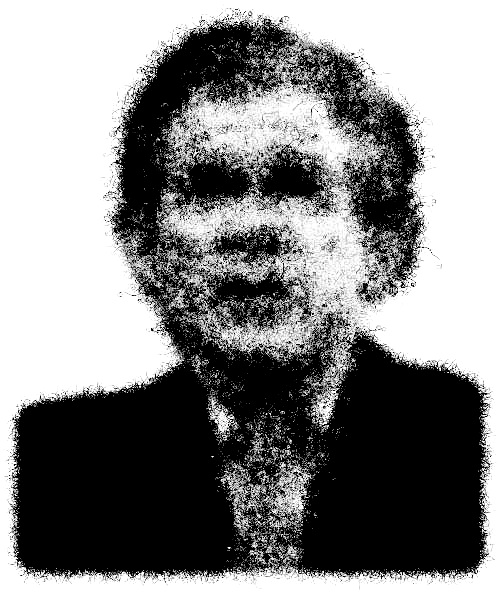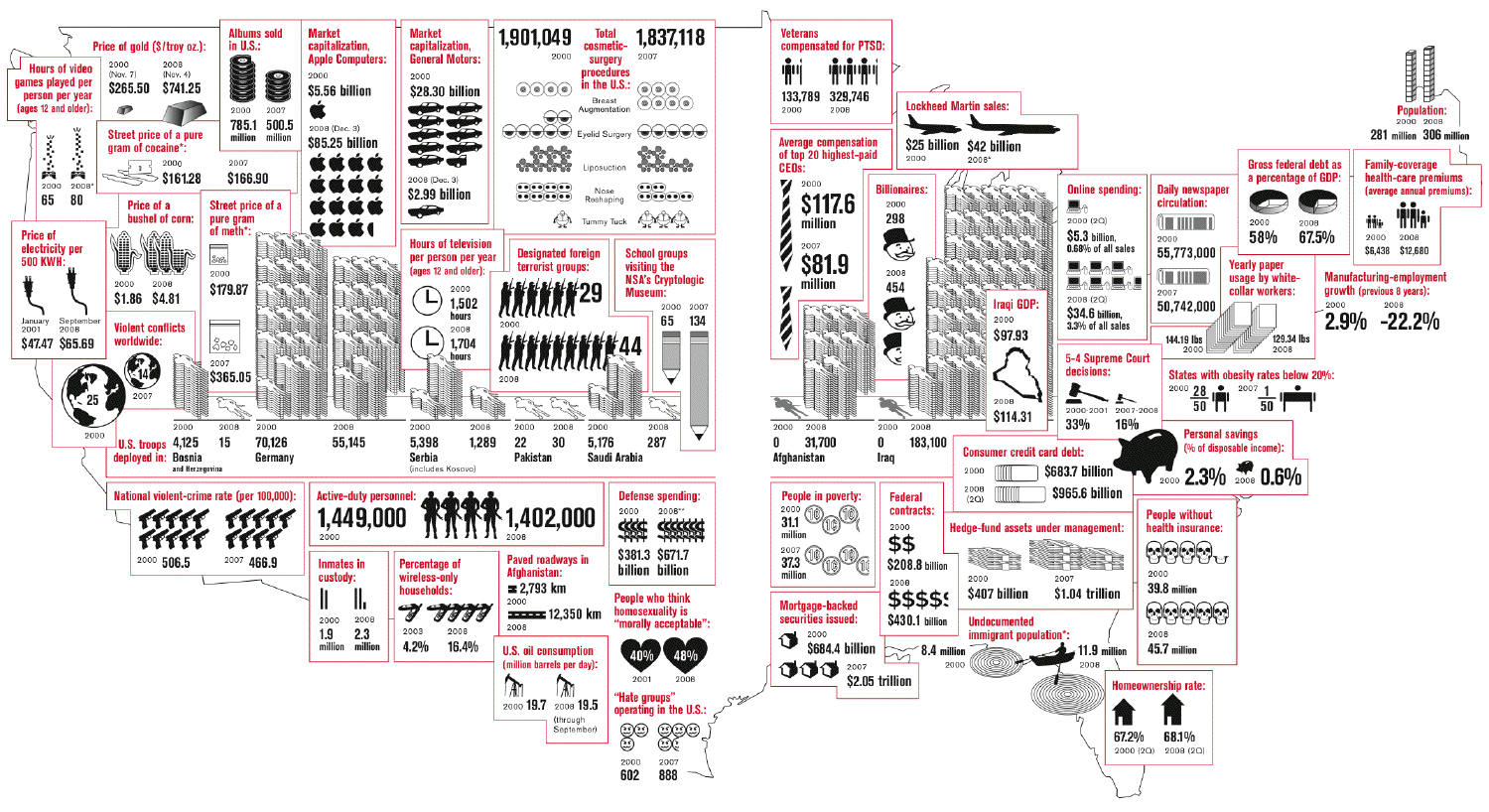
CNN: As President Bush prepares to leave office, three quarters of Americans have a parting thought: “Good riddance.” Asked their view of President Bush at the end of his presidency, 75 percent said they are glad he is leaving, according to a CNN-Opinion Research Corporation poll taken in December. Only 23 percent said they will miss him. MORE
TOM SHALES: Only his remaining ardent supporters would probably classify last night’s TV appearance by  President Bush as reality television. On the other hand, detractors — a sizable group, judging by popularity polls — would likely say George W. Bush‘s farewell to the nation, delivered from the East Room of the White House, had the aura of delusion and denial.
President Bush as reality television. On the other hand, detractors — a sizable group, judging by popularity polls — would likely say George W. Bush‘s farewell to the nation, delivered from the East Room of the White House, had the aura of delusion and denial.
Bush ended his speech with becoming eloquence, telling viewers it had been “the privilege of a lifetime to serve as your president” before his benediction: “And so my fellow Americans, for the last time, good night. May God bless this house and our next president, and may God bless you and our wonderful country.” Bush’s farewell address may or may not have been his best speech, but it will probably prove among his most popular — if only because it was his last. MORE
THE ATLANTIC: [Like FDR] Barack Obama assumes the presidency this year amid a similar sense of national crisis, and having made similar promises of change. And, like Roosevelt, he’ll be leading a country very different from the one his predecessor inherited: as the statistics on this map show, change itself is one thing we’ve seen in abundance in the past eight years. Making sense of that upheaval will be the first responsibility of the new  administration. Since 2000, America has changed in small ways, in big ways, and in ways that seem innocent enough now but no doubt herald some radical disruptions to come. Many more people are poor, uninsured, and in prison. Many more are billionaires. The burden of health-care costs has grown heavier, and so have we. We charge more, save less, and play a lot more video games. Even the things that haven’t changed much—like the amount of oil we consume, or the price of cocaine, or the size of our military—reflect not so much stasis as unsustainable trajectories. For Obama, responding to these problems will require breaking deep national addictions—to oil, to etherealized finance, to profligacy of all kinds—and, somehow, easing the tremens along the way. MORE
administration. Since 2000, America has changed in small ways, in big ways, and in ways that seem innocent enough now but no doubt herald some radical disruptions to come. Many more people are poor, uninsured, and in prison. Many more are billionaires. The burden of health-care costs has grown heavier, and so have we. We charge more, save less, and play a lot more video games. Even the things that haven’t changed much—like the amount of oil we consume, or the price of cocaine, or the size of our military—reflect not so much stasis as unsustainable trajectories. For Obama, responding to these problems will require breaking deep national addictions—to oil, to etherealized finance, to profligacy of all kinds—and, somehow, easing the tremens along the way. MORE

